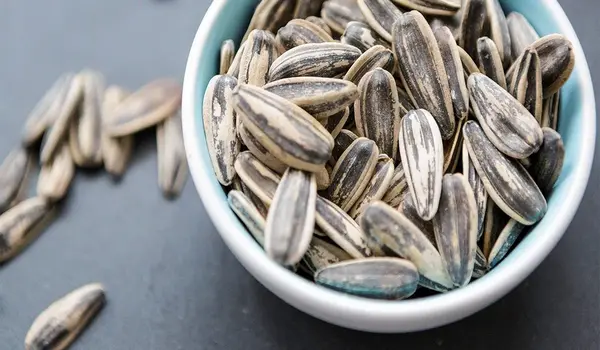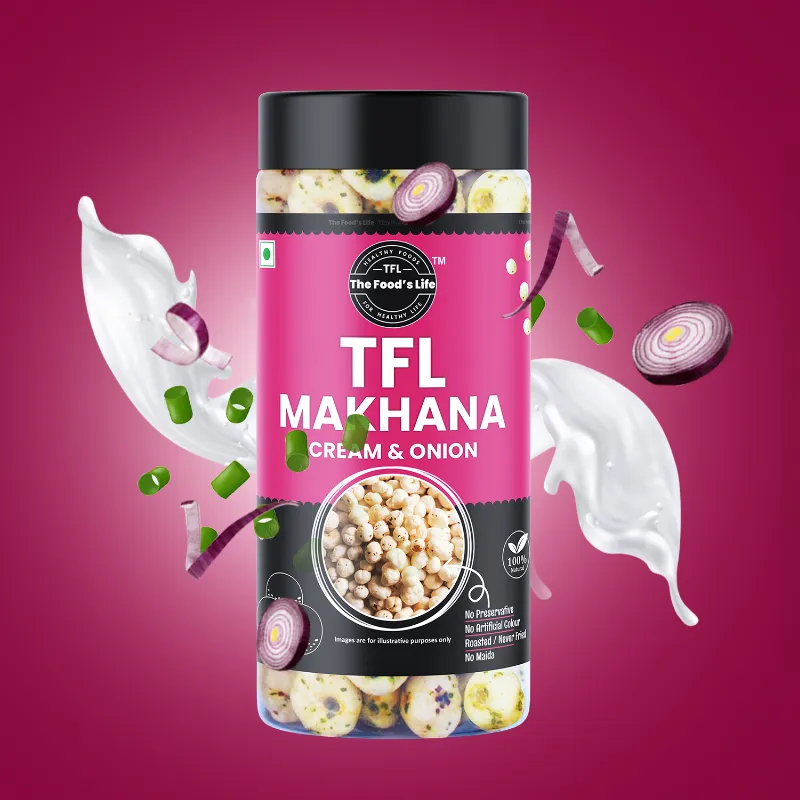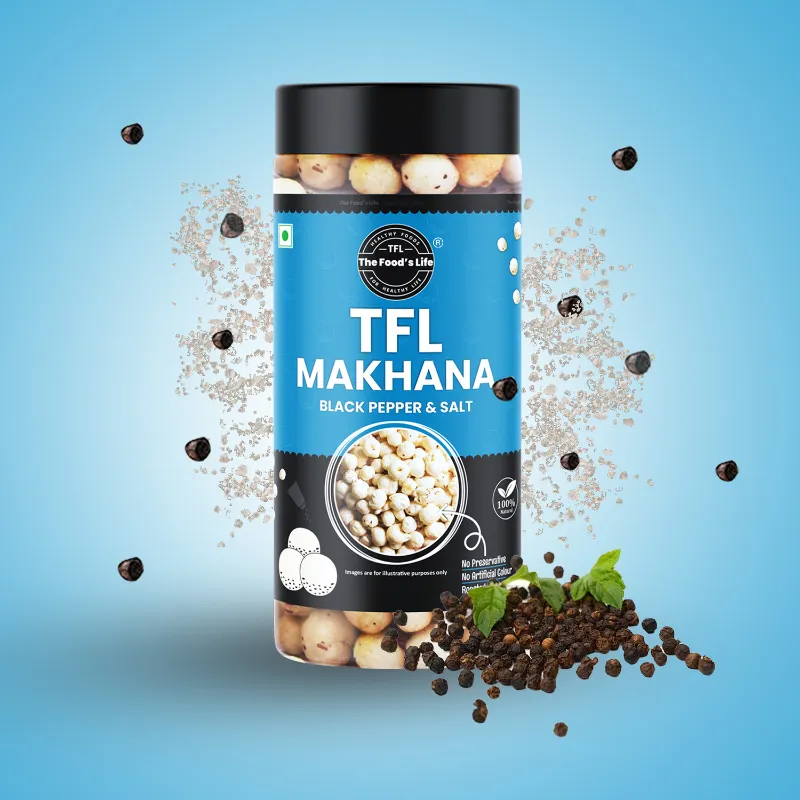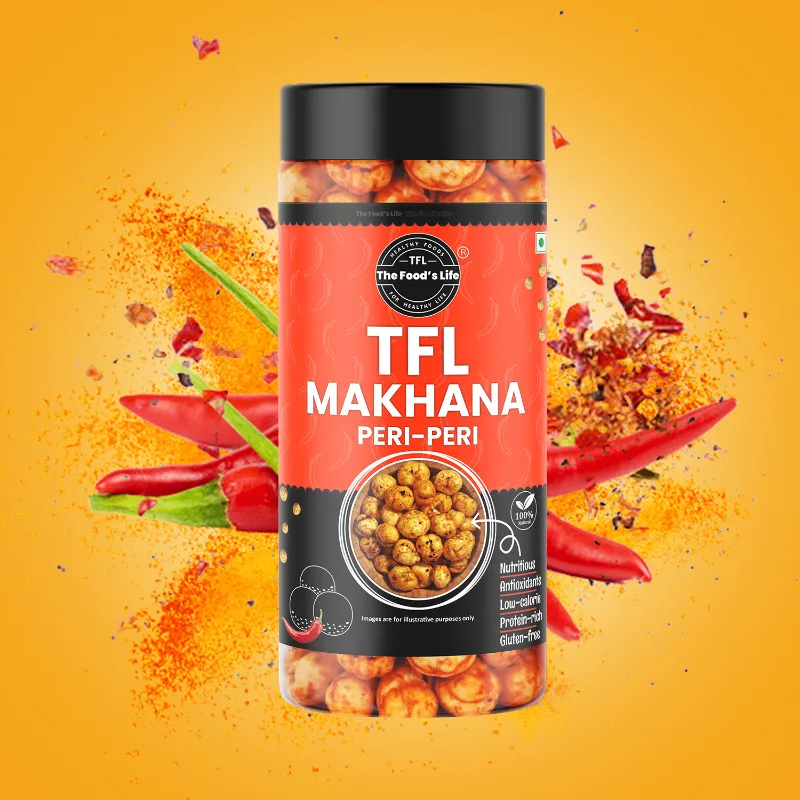Sunflower seeds are a powerhouse of nutrients, offering a great source of vitamins, minerals, healthy fats, and protein. They are often enjoyed as a snack or added to dishes, but the way you eat sunflower seeds can make a significant difference in maximizing their nutritional benefits.
1. Choose the Right Type of Sunflower Seeds
The first step to getting the most out of sunflower seeds is to select the right type. There are primarily two varieties: hulled and unhulled. Hulled sunflower seeds are easier to eat and digest, but they can be processed, which means some of the nutrients may be lost in the process. On the other hand, unhulled sunflower seeds, while a bit harder to consume, retain more of their natural fiber and nutrients.
At The Foods Life, we recommend choosing unhulled sunflower seeds for maximum health benefits. These seeds are rich in fiber, which aids digestion, supports weight management, and helps in controlling blood sugar levels.
2. Roast or Eat Raw?
Another common question is whether you should eat sunflower seeds raw or roasted. Raw sunflower seeds offer the most unprocessed form of the seed, providing a higher level of vitamins, enzymes, and antioxidants. However, roasted sunflower seeds, especially those roasted without added oils or salt, are still nutritious and can enhance flavor.
If you're looking for maximum nutrition, it’s best to eat sunflower seeds raw or lightly roasted. The Foods Life offers both raw and roasted sunflower seeds, giving you the option to choose based on your preference.
3. Soak Sunflower Seeds for Better Absorption
A great way to enhance the nutrient absorption of sunflower seeds is by soaking them. Soaking sunflower seeds overnight helps activate the enzymes and improves digestibility. Soaking also reduces the level of phytic acid, an anti-nutrient that can interfere with the absorption of minerals such as iron, zinc, and calcium.
To soak sunflower seeds, simply place them in a bowl of water overnight and rinse them well before eating. This simple step can help unlock even more of the health benefits in these seeds, making them easier for your body to absorb.
4. Add Sunflower Seeds to Your Meals
Eating sunflower seeds doesn’t have to be limited to snacking. You can incorporate them into your daily meals to add texture and flavor while boosting the nutritional profile of your dishes. Here are a few easy ways to use sunflower seeds:
- Add them to salads: Sunflower seeds provide a delightful crunch and are a great source of healthy fats, making them a perfect addition to your salad.
- Sprinkle on yogurt or smoothies: Adding a tablespoon of sunflower seeds to your morning yogurt or smoothie can increase your protein intake and help keep you fuller for longer.
- In baked goods: You can mix sunflower seeds into muffins, bread, or cookies for an extra dose of healthy fat and protein.
- Add to stir-fries: Toss sunflower seeds into stir-fried vegetables for a nutty flavor and added nutrition.
By incorporating sunflower seeds into a variety of dishes, you can increase your intake of essential nutrients without feeling like you’re eating the same thing every day.
5. Combine Sunflower Seeds with Other Superfoods
To get even more out of sunflower seeds, consider pairing them with other superfoods. For instance, combining sunflower seeds with chia seeds or flaxseeds will provide a boost of omega-3 fatty acids and fiber. Similarly, pairing sunflower seeds with fruits like apples or bananas can give you a great balance of natural sugars and healthy fats.
At The Foods Life, we encourage you to experiment with sunflower seeds and other superfoods to create balanced meals and snacks. By mixing sunflower seeds with other nutrient-dense foods, you’ll have a snack or meal that’s not only delicious but also packed with vitamins, minerals, and antioxidants.
6. Watch Your Portion Size
While sunflower seeds are packed with nutrients, they are also calorie-dense. Eating too many sunflower seeds in one sitting can add up in terms of calories. To reap the nutritional benefits without overdoing it, it’s important to keep an eye on portion sizes.
A healthy serving size for sunflower seeds is about one ounce (28 grams), which is roughly a small handful. This portion provides a good balance of fats, protein, and fiber, making it an ideal snack or meal addition. Consuming sunflower seeds in moderation ensures you’re getting the benefits without consuming too many calories.
7. Consider Sunflower Seed Butter
If you’re looking for a creamy alternative to peanut or almond butter, sunflower seed butter is a great option. Sunflower seed butter is rich in healthy fats, protein, and vitamins, making it an excellent choice for sandwiches, smoothies, or even as a dip for fruits and veggies.
At The Foods Life, we offer premium sunflower seed butter made from high-quality seeds, ensuring that you get the best nutrition in every bite. It’s a tasty and nutritious alternative that can easily be incorporated into your daily routine.
8. Sunflower Seeds and Their Nutritional Benefits
Sunflower seeds are a rich source of various nutrients that contribute to overall health. They are high in:
- Healthy fats: Sunflower seeds are packed with monounsaturated and polyunsaturated fats, which are essential for heart health.
- Protein: Sunflower seeds are an excellent plant-based protein source, making them a great addition to vegetarian or vegan diets.
- Vitamin E: Known for its antioxidant properties, vitamin E helps protect the body’s cells from oxidative damage and supports skin health.
- Magnesium: Sunflower seeds are a good source of magnesium, a mineral that helps regulate muscle and nerve function, blood sugar levels, and blood pressure.
- Selenium: This trace mineral acts as a powerful antioxidant and supports thyroid function.
By eating sunflower seeds regularly, you can ensure you’re getting a dose of these essential nutrients in your diet.
9. Healthy Sunflower Seed Snacks
If you're looking for convenient and healthy snack options, sunflower seeds are perfect for busy individuals on the go. To make your sunflower seed snacks even healthier, avoid varieties that are heavily salted or coated in sugar. Opt for plain, unsweetened seeds for the most nutritional benefit.
At The Foods Life, we offer raw and roasted sunflower seeds with no added sugars or unhealthy fats, giving you the healthiest snack option available.
Conclusion
Sunflower seeds are an excellent source of nutrition and can be enjoyed in many ways. By selecting high-quality seeds, soaking them, adding them to meals, and keeping portion sizes in check, you can maximize the health benefits of sunflower seeds. Whether you eat them raw, roasted, or as sunflower seed butter, incorporating sunflower seeds into your diet will help support your overall health, from heart health to skin health and beyond. At The Foods Life, we provide the best quality sunflower seeds to help you make the most of this nutrient-packed superfood.






